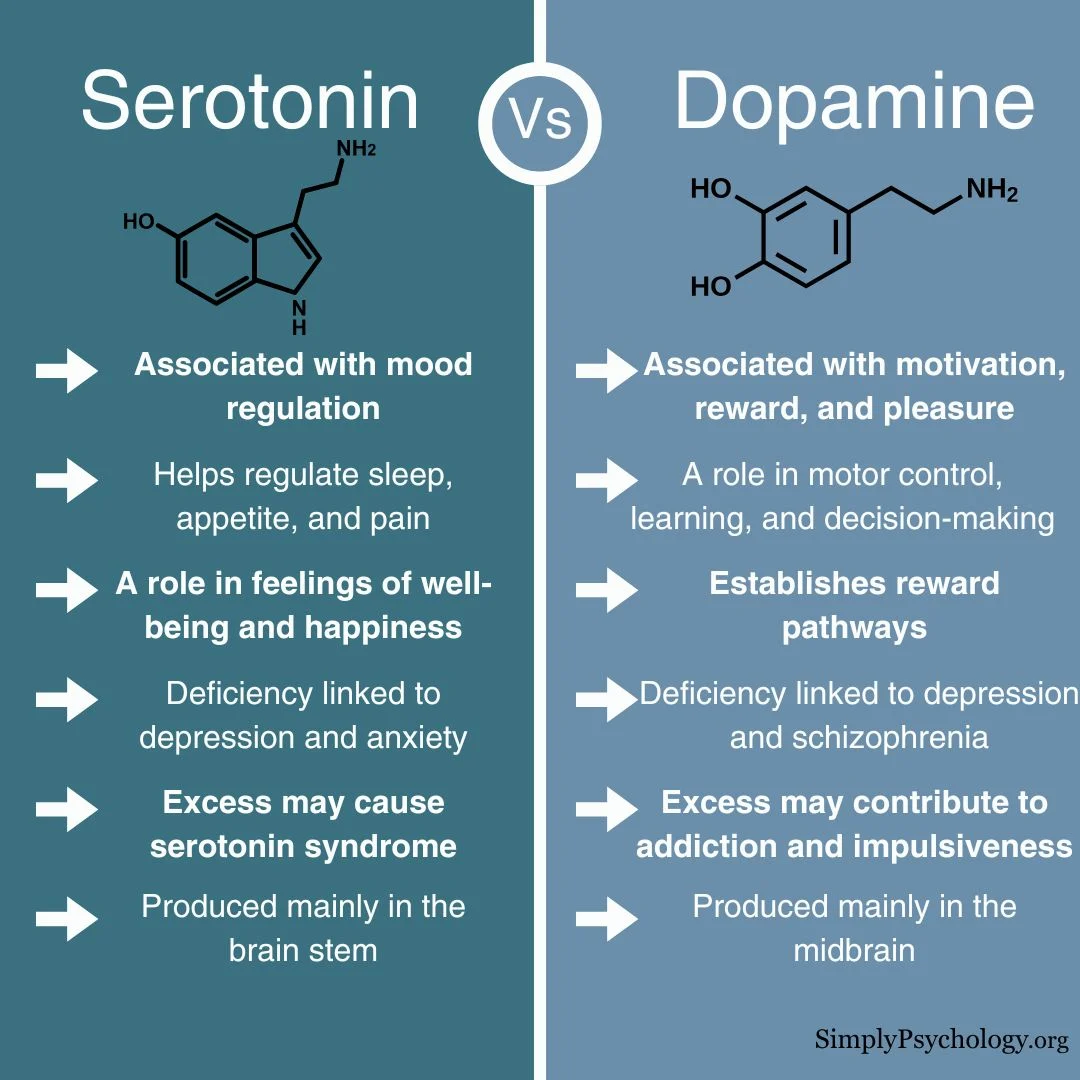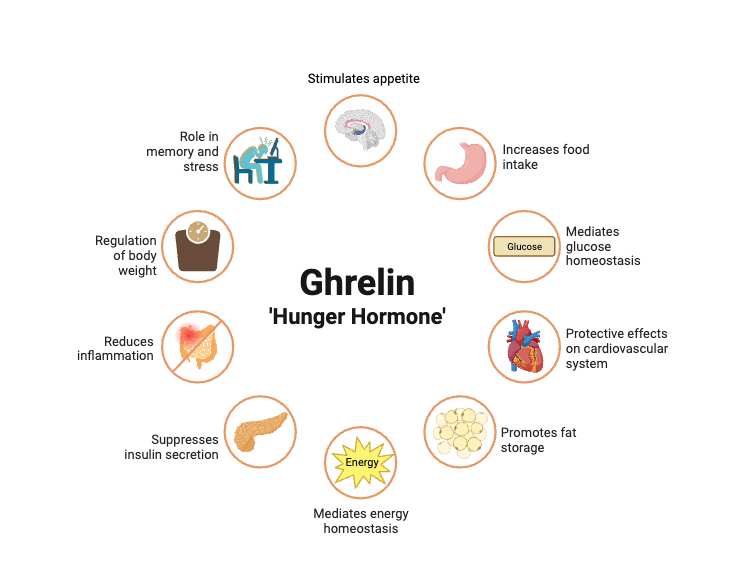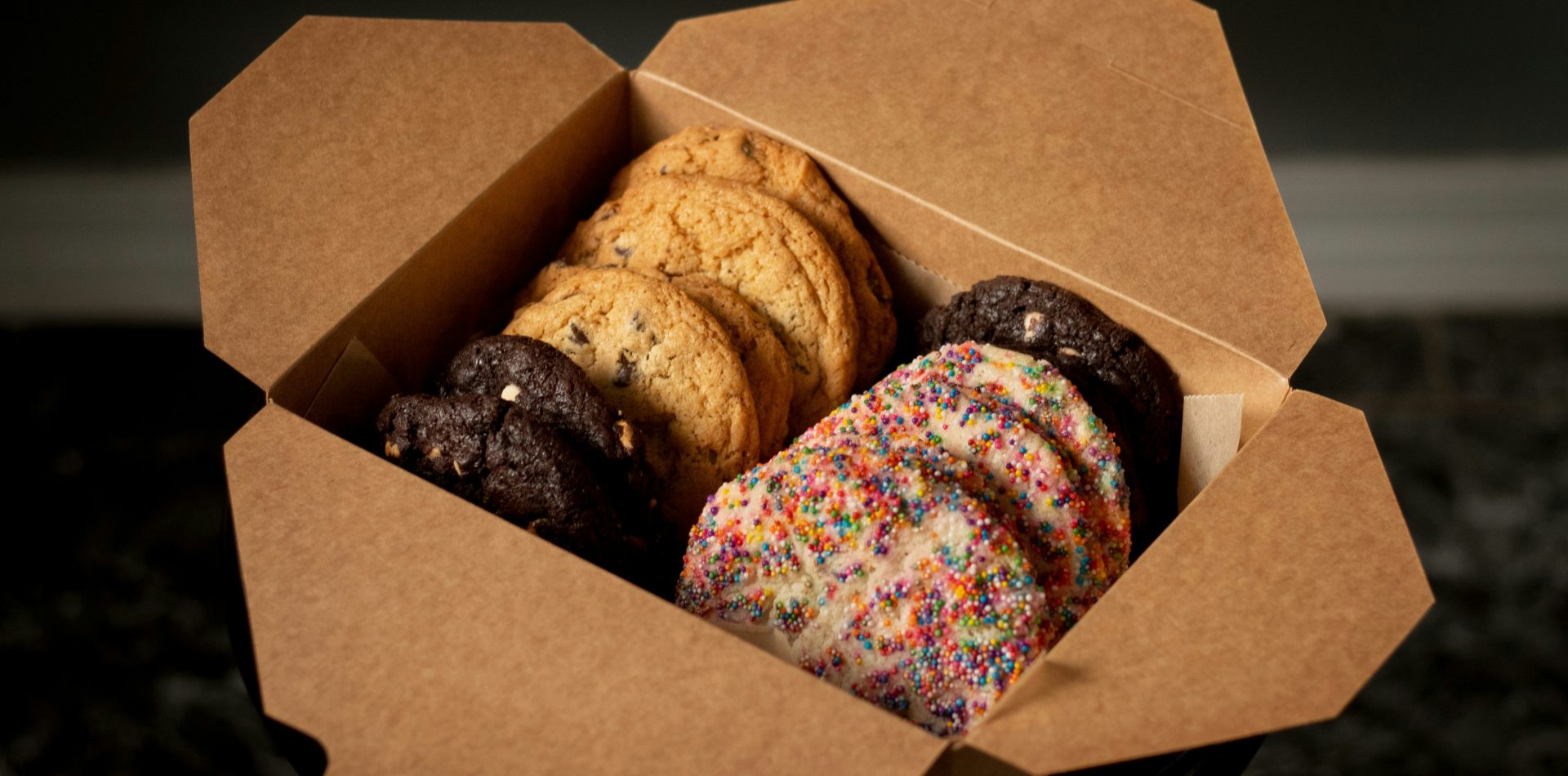October 7, 2025• byleahk
Why Do I Always Crave Sugar?
There are many reasons you might find yourself craving something sweet. In this blog post we’ll cover:
- The question of whether or not sugar is addictive
- The impact of sleep on sugar cravings
- How restriction plays a role
- Nighttime sugar cravings: are they a problem?
- Tips to navigate out of control cravings
Let’s start by answering an important question.
Is Sugar Addictive?
Before we dive in, we need to clear one common misconception: is sugar addictive?
Many people say they’re “addicted” to sugar — and that feeling is completely valid. But scientifically, the story is a bit different. You can’t truly be addicted to something your body needs to survive. Glucose, the simplest form of sugar, is the main source of fuel for your brain and every cell in your body.
What often feels like addiction is actually a response to restriction — whether physical or mental. When your body or mind doesn’t know when it’ll get sugar again, it naturally craves it more. It’s a survival mechanism, not a personal failure. Those intense urges for sweets aren’t proof of addiction; they’re your body’s way of protecting you and restoring balance.
For a deeper dive on the concept of sugar addiction, checkout this podcast episode.
Even though sugar isn’t truly addictive, there’s a reason it can feel that way. Here’s what’s really going on:

- Sugar triggers feel-good chemicals. Eating sugar makes your brain release serotonin and dopamine — the neurotransmitters that make us feel happy and rewarded.
- Cravings can be learned. If you usually have dessert after dinner, your brain remembers that pattern and starts to anticipate sugar at that time.
- Restriction makes cravings stronger. When sugar is limited — physically or mentally — your body doesn’t know when it will get it again, which can heighten cravings and make it feel like addiction.
Now that we’ve covered the concept of “sugar addiction,” let’s review what else might be leading to intense sugar cavings.
You Might Not Be Eating or Drinking Enough
- Skipping meals or cutting calories during the day can backfire, leading to stronger nighttime cravings (and sometimes bingeing).
- If you go too long without eating, your body wants the fastest fuel it can think of… sugar! Simple carbs (sugar) are the most readily available source of fuel for the body, giving you a quick jolt of energy.
- If dinner is too low in carbs, protein, or fiber, your blood sugar may dip afterward, which could make your body desire a quick source of energy (like a sweet).
- On the flip side, a super carb-heavy dinner can cause a quick rise and fall in blood sugar, which can also trigger cravings.
Stress Might Be Driving Cravings
- Stress hormones fuel cravings. Ghrelin, the“hunger hormone,”rises when you’re stressed, which can lead you to search for sweets to fulfill the need.

- Stress also lowers serotonin, so your body may push you toward sugar as a quick way to boost your mood.
- It all comes back to our primal fight-or-flight instincts. Your body wants energy, like sugar— not kale— to respond to stress.
- Cravings in stressful moments are a normal body response, not a lack of willpower.
The Impacts of Sleep
- Your body is really smart. If you don’t get enough sleep, you’ll instinctively search for energy in other places. Often, it isn’t accessible to take a nap, so your body might try to meet its need for energy from food.
- The problem is those foods only give a short burst of energy before the crash hits… and the cycle starts again. No amount of chips, soda, and sweets will replace the type of energy we get from rest…so the cravings keep coming.
- Craving sweets later in the evening? It could just mean your body is ready to rest.
Fun fact: As evening rolls around, your body starts preparing for rest by ramping up production of melatonin—the hormone that helps you fall asleep. Melatonin is made from serotonin, and serotonin is supported by (you guessed it) carbs. When you eat carbohydrates, it helps increase the availability of tryptophan, the amino acid your body uses to make serotonin.
So if you find yourself craving something sweet or starchy at night, it’s not a lack of willpower—it’s biology. Your body might simply be nudging you toward the nutrients it needs to make sleep hormones and help you wind down
Is Eating Sugar at Night a Problem?
No, sugar isn’t “bad”. It can bring comfort, joy, and connection. A sweet something can spark happy memories, celebrate special moments, or simply help you wind down after a long day. Sugar often plays a role in shared experiences, like enjoying dessert with friends or family, helping you feel connected and nourished. Eating sugar at night—or anytime—can be a part of honor your cravings, focusing on enjoyment and well-being rather than rules.
Bottom Line & Key Takeaways
Having a sweets can totally fit into a healthy lifestyle. If you feel like cravings are getting out of control, here are a few things that might help:
- Aim for 7–9 hours of sleep
- Don’t skip meals or snacks during the day
- Build balanced meals with protein + fat to keep you full longer
- Get moving—exercise boosts mood just like sugar does!
- Stay hydrated
- And most importantly…honor cravings as they arise instead of trying to push them off or opt for something “healthier.” It might seem counterintuitive, but the more we try to ignore a craving, the louder it becomes.
Craving sweets after dinner doesn’t mean anything is “wrong”—it just means your body is trying to tell you something. Listen, fuel it well, and enjoy your chocolate when you want it!
Thanks to my intern Ella for her help writing this blogpost!
If you’re tired of feeling “out of control” around sugar, you’re not alone — and the good news is, the solution isn’t cutting it out. It’s learning to trust your body again. Click here for our FREE intuitive eating starter pack and start rebuilding a peaceful, confident relationship with sweets.
















